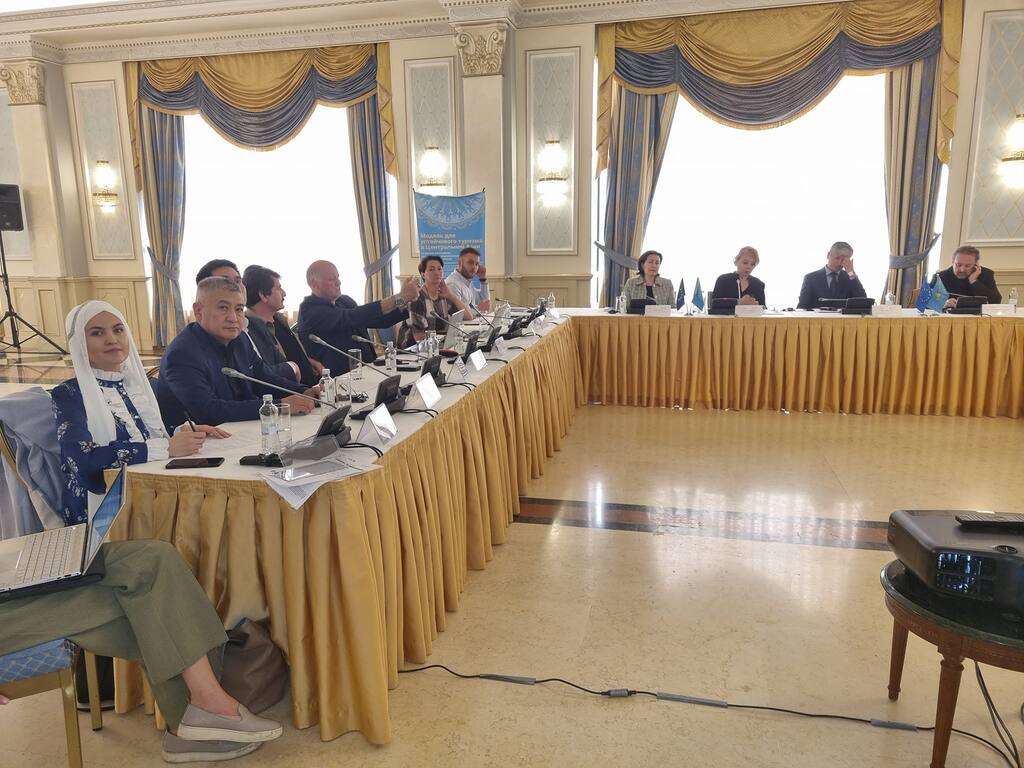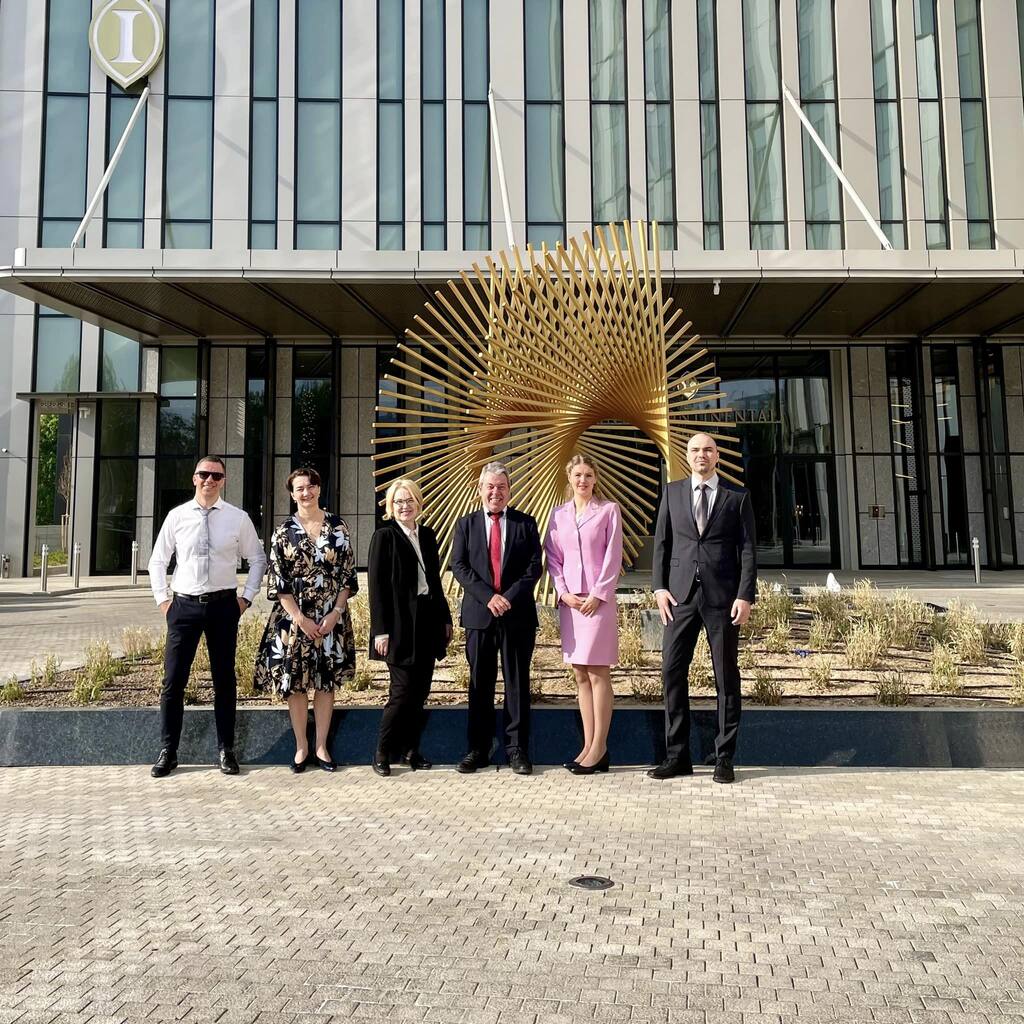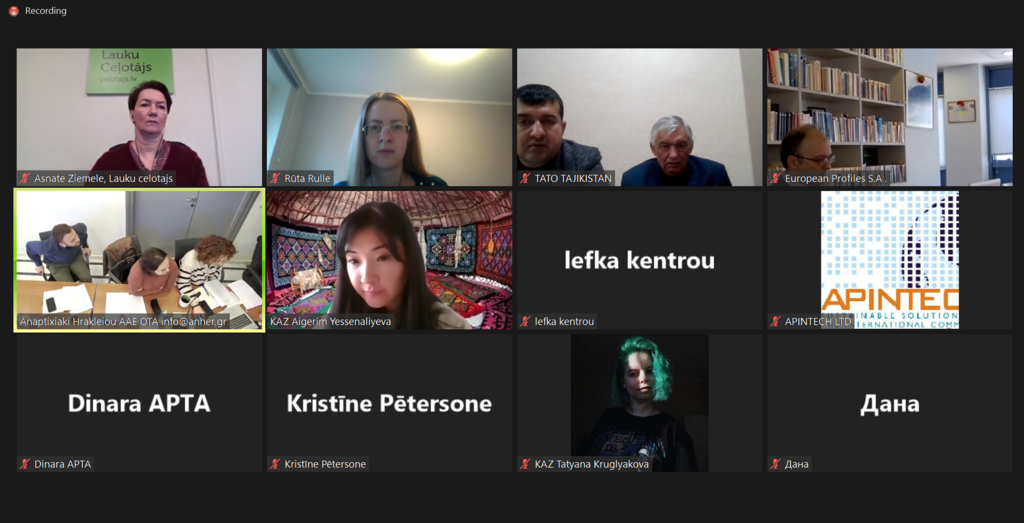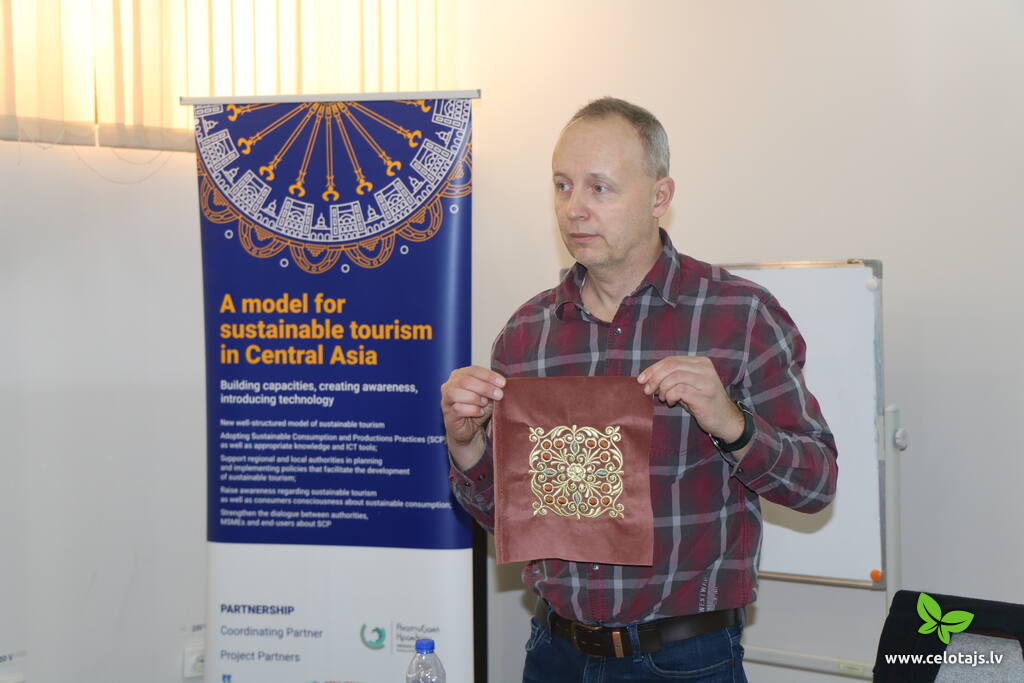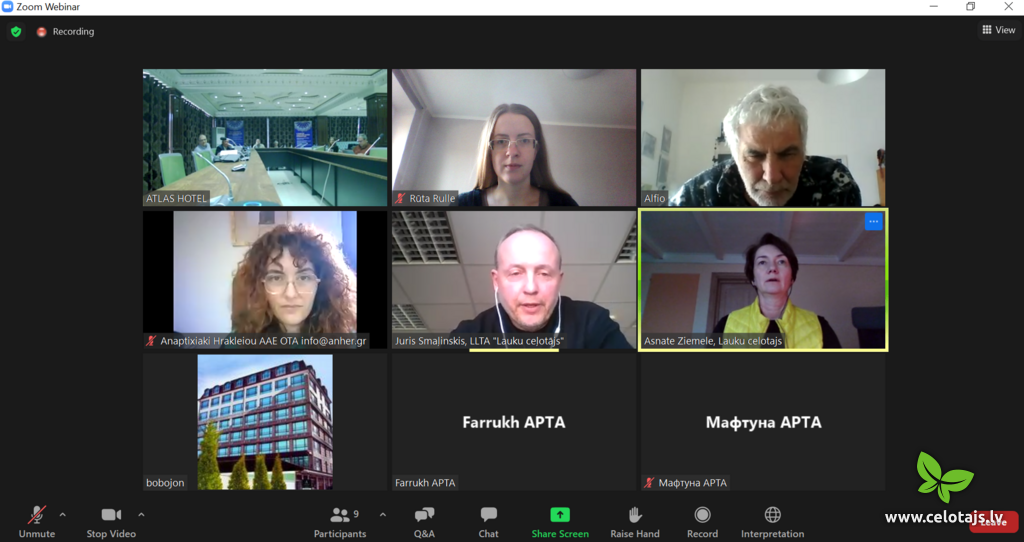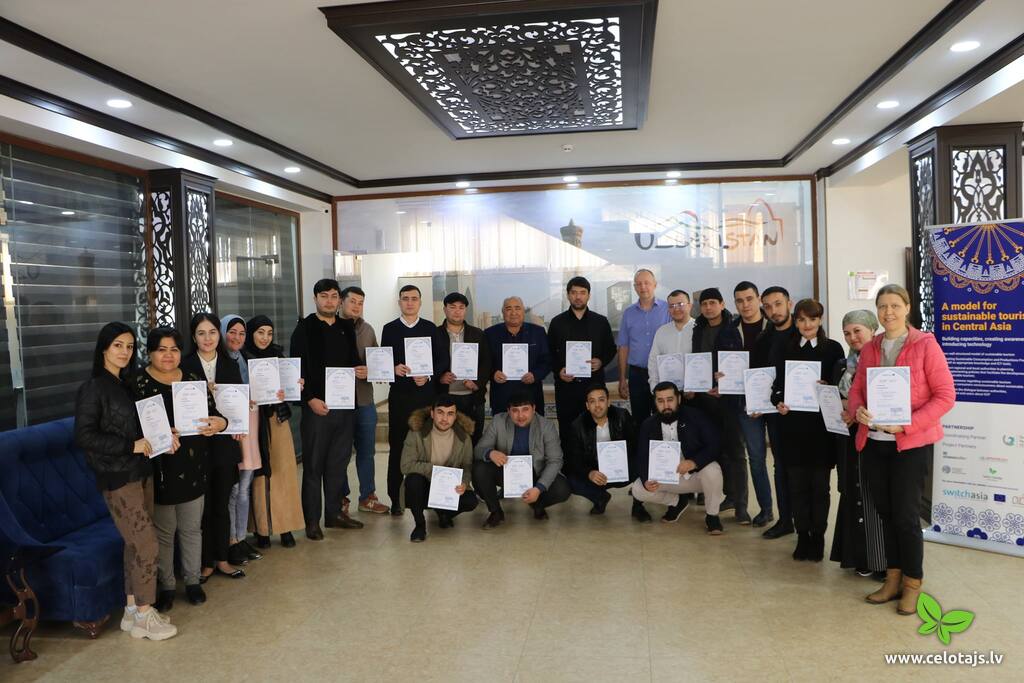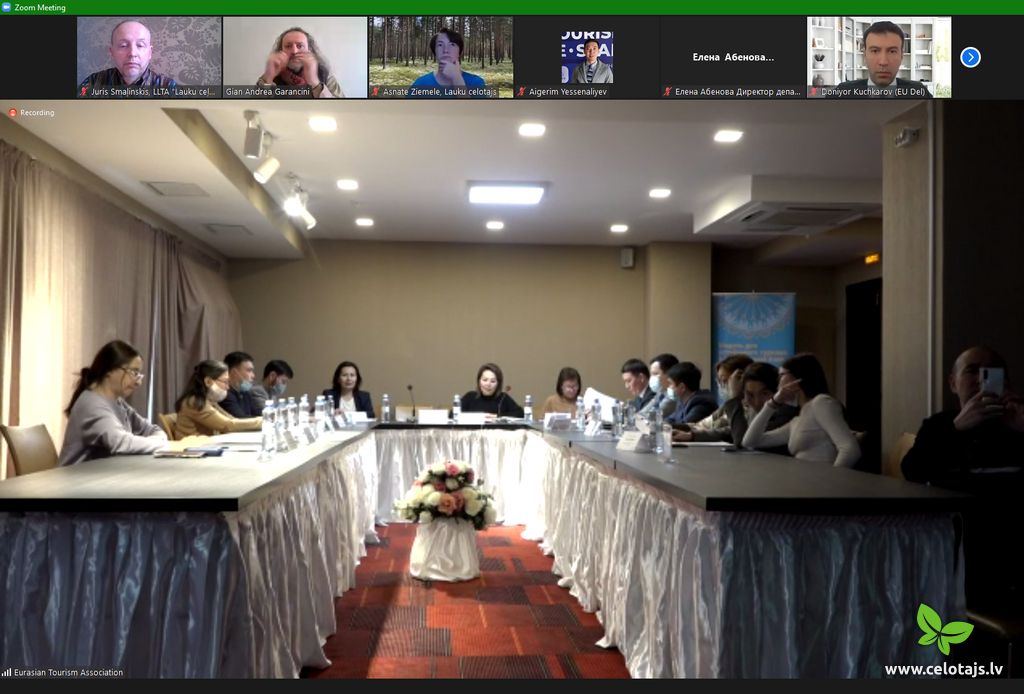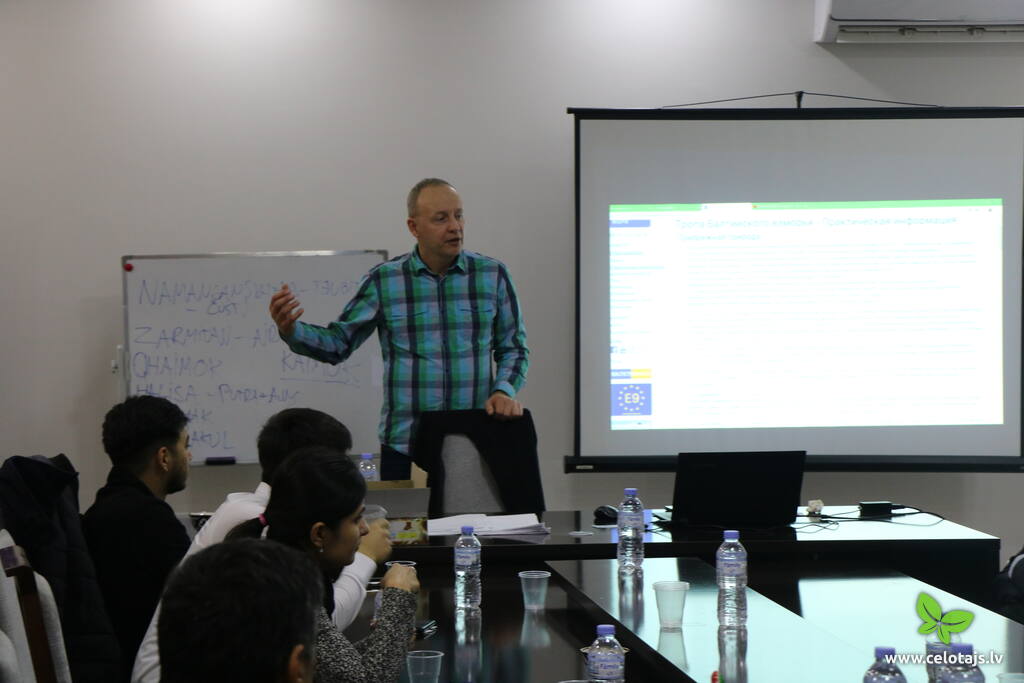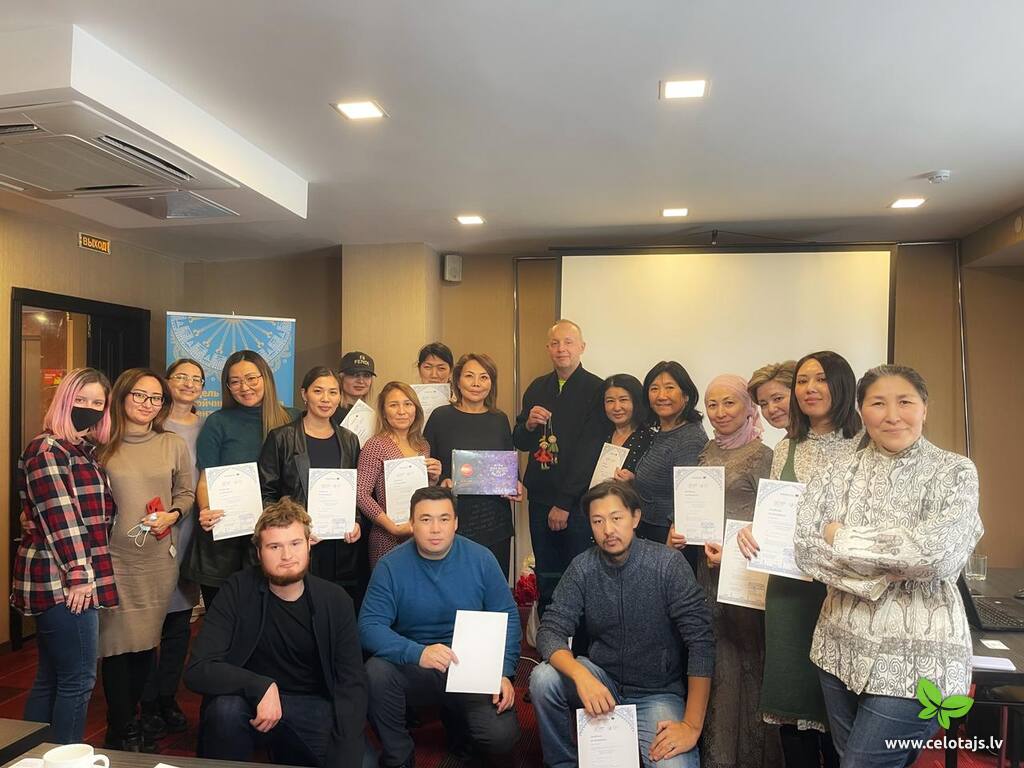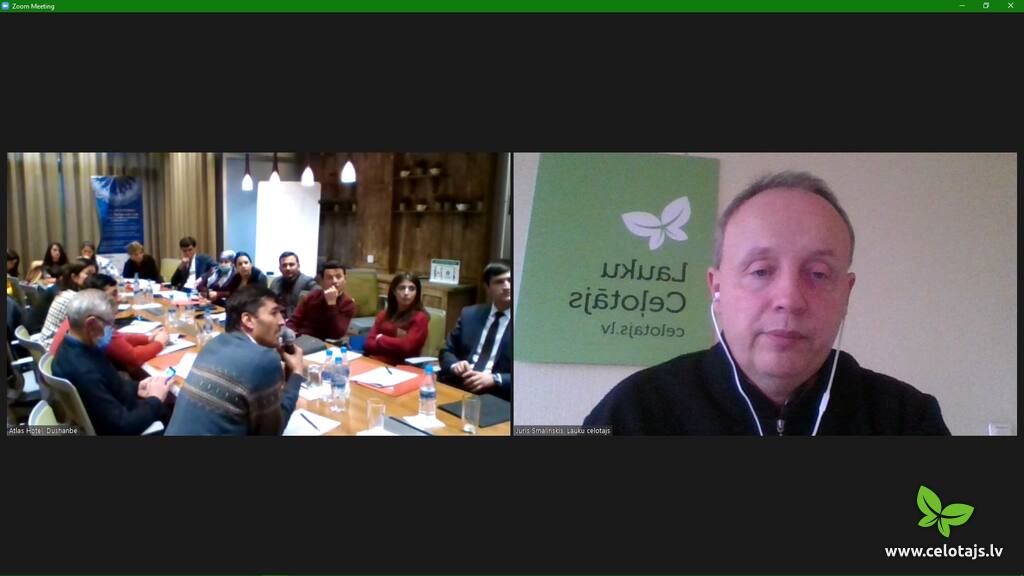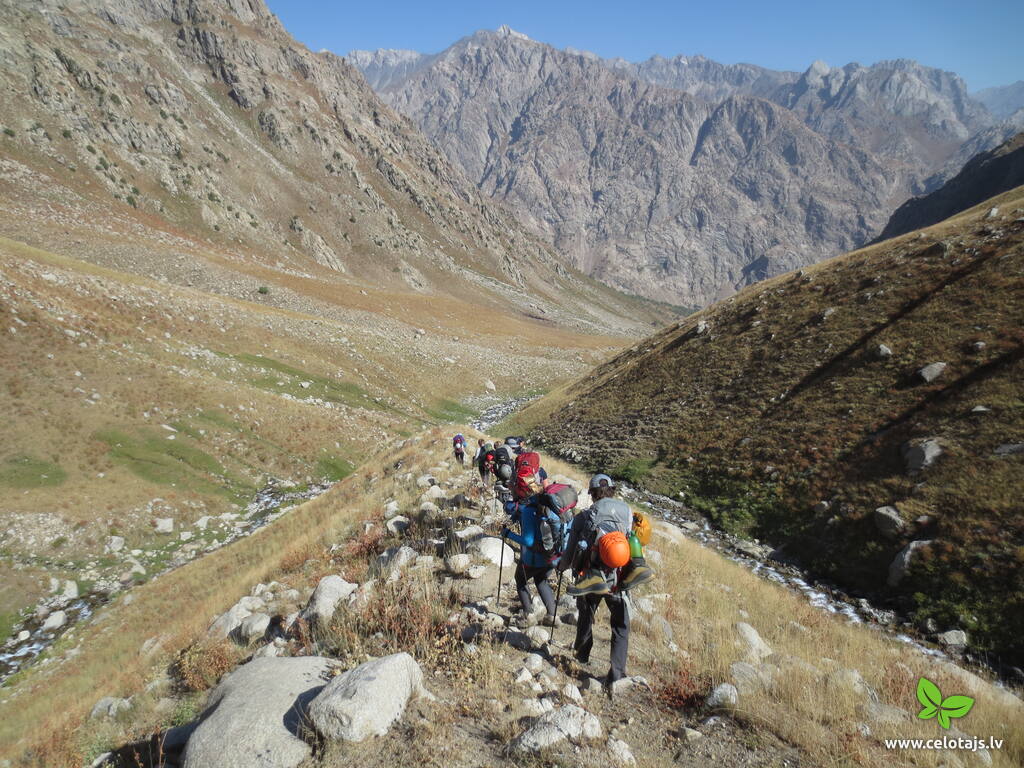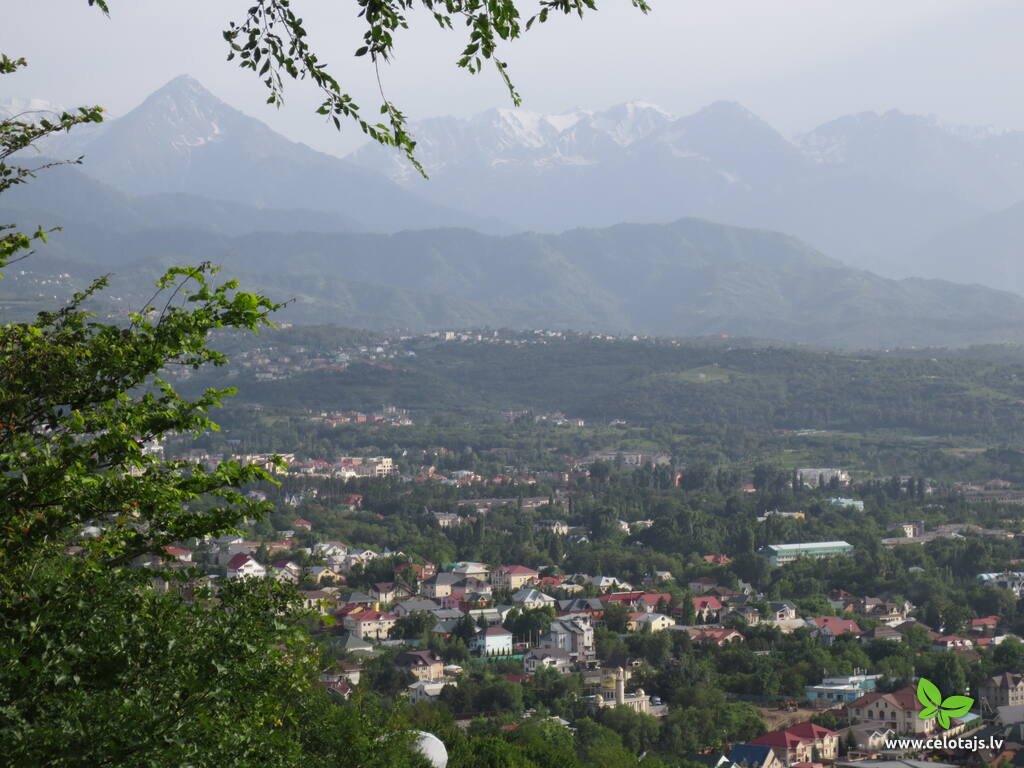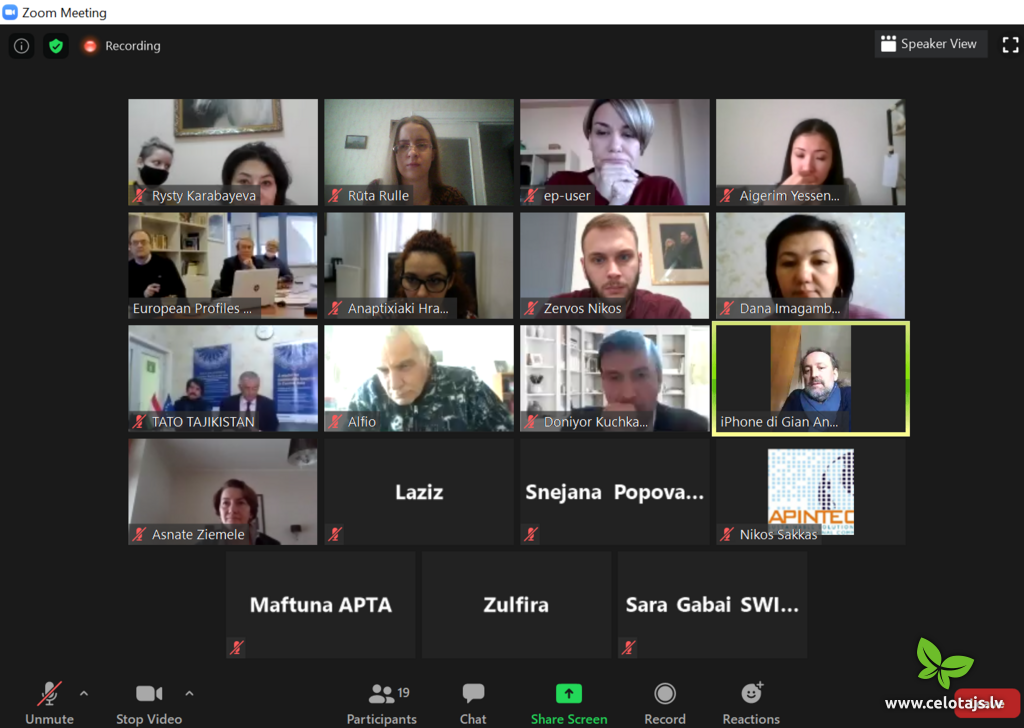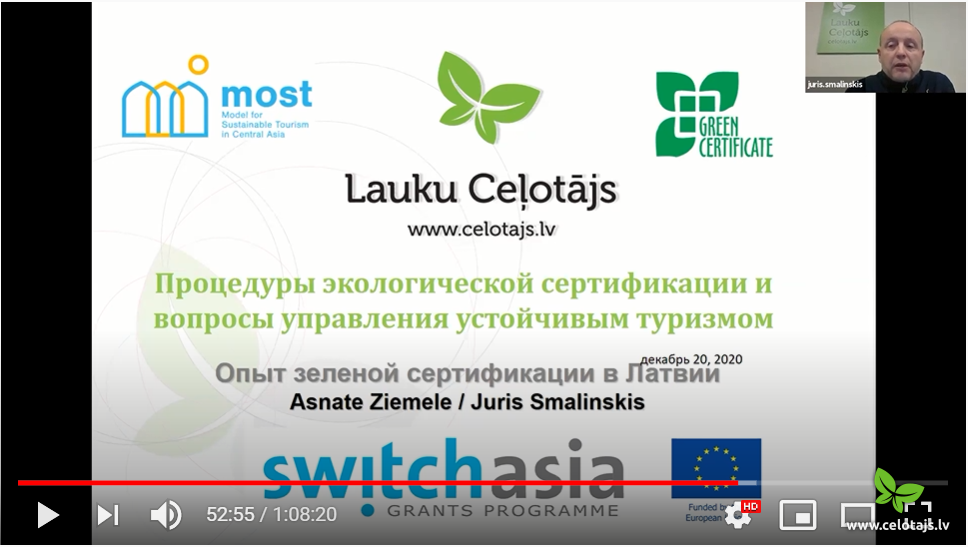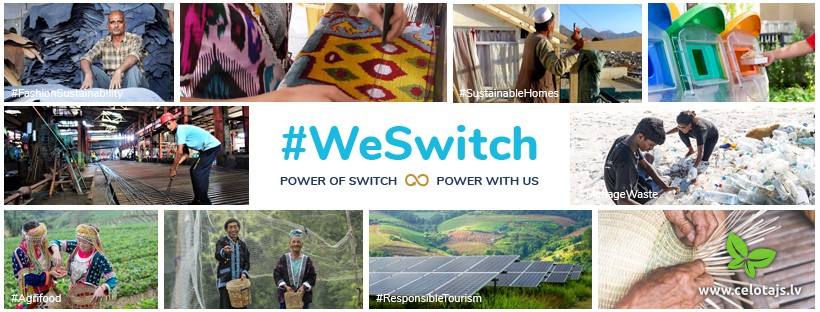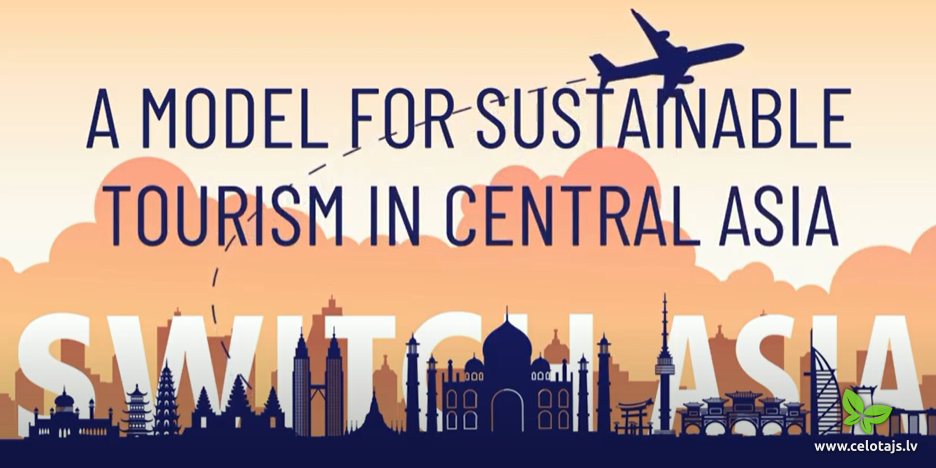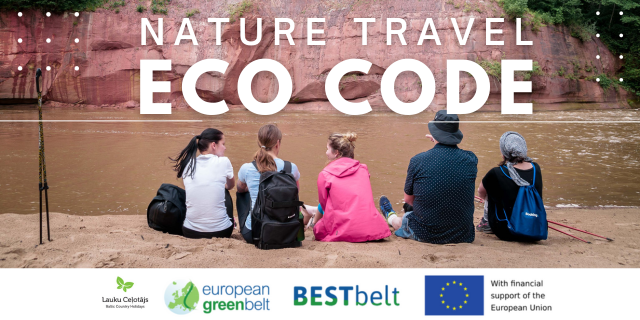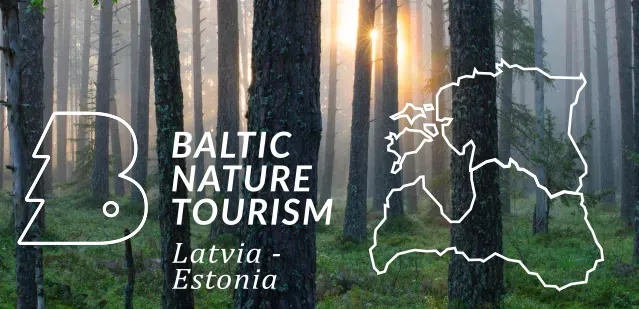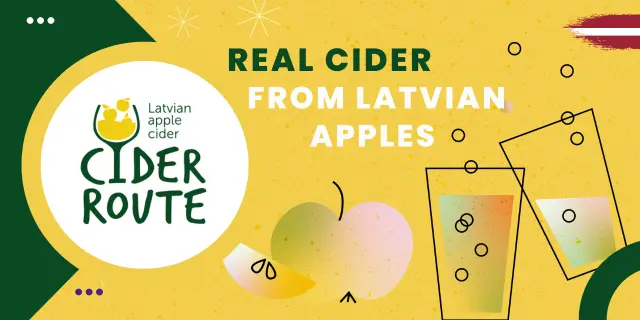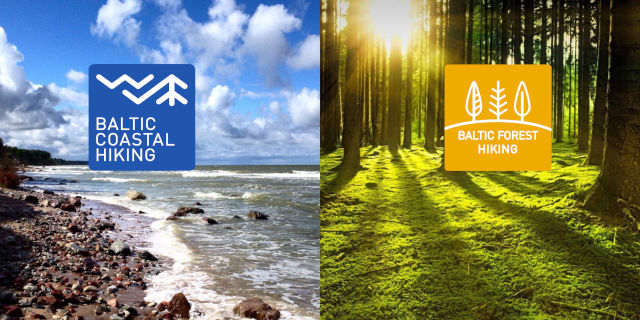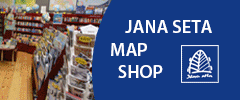
21.12.2019 - 20.12.2022 (ACA/2019/412-065)
A model for sustainable tourism in Central Asia: Building capacities, creating awareness, introducing technology
Projektnachrichten
The MOST project between Latvia, Greece, Uzbekistan, Kazakhstan and Tajikistan ends this June. Within the framework of the project, a round table discussion was held in May on the topic "EU Grant Project MOST - sustainable tourism development vector in Kazakhstan". Representatives from agencies, associations, hotels, travel and consulting companies gathered at the event in Astana, the capital of Kazakhstan. We also participated in it to share our experience with entrepreneurs both in relation to our environmental quality mark "Green Certificate" and how to overcome rising prices for services and how to develop infrastructure. Also, our expert Juris received many good words for the useful and valuable seminars he created and led during the project for entrepreneurs in the tourism industry in Asian countries.
The MOST project between Uzbekistan, Kazakhstan, Tajikistan, Greece and Latvia is slowly coming to an end. In the course of the project, we shared experience and practical knowledge about sustainable and nature-friendly tourism management, using our environmental quality mark "Green Certificate" as an example. Together with Central Asian colleagues, we worked on new ideas for tourism products and their marketing, highlighting the local identity of these countries and strengthening cooperation between tourism organizations, local communities and tourism entrepreneurs.
The MOST project team met for the fourth steering committee meeting online via Zoom platform on February 2. They discussed the work done in the third year, as well as the tasks planned until the end of the project. We, "Lauku ceļotājs", as before, continued to share our knowledge of sustainable tourism and environmentally friendly management. In February, our expert Juris spent three weeks in the Uzbekistan's cities Bukhara and Khiva, where he shared his experience with tourism industry professionals in this country. He also worked together with entrepreneurs on new ideas for tourism products - for example, a pilaf cooking master class was organized in the old town to popularize the city's culinary heritage. Juris also visited various tourist attractions and enjoyed the hospitality of local residents in order to get to know Uzbekistan's tourism offer better. In the third year of the project, we also got involved in creating marketing activities to promote the project and its achieved results to a wider audience.
The Latvian country tourism association “Lauku ceļotājs” is one of the partners in the project “A model for sustainable tourism in Central Asia: Building capacities, creating awareness, introducing technology” (MOST). The second year of the project has already passed, in which we have helped Kazakhstan, Uzbekistan and Tajikistan to become more sustainable. Our expert Juris Smaļinskis participated in seminars in all three countries to share his knowledge on sustainable tourism and environmentally friendly management. He also spoke about marketing and communication with customers. Juris participated in different inspections of various accommodations and other objects both inside and outside the cities. New and sustainable ideas for tourism products were also worked on with entrepreneurs, such as a pilaf-making workshop in the Old Town in Bukhara, Uzbekistan to promote the city's culinary heritage. Juris has also given interviews to both Latvian and Asian media about the project and its progress.
The team of the project “A model for sustainable tourism in Central Asia: Building capacities, creating awareness, introducing technology” (MOST) met on 17th and 18th of March for the third steering committee meeting. Some of the partners went to Dushanbe, the capital of Tajikistan, and some of the partners joined via Zoom platform. On the first day, the partners informed about the completed tasks. As planned, in the second year of the project, local entrepreneurs were supported to move towards to more sustainable delivery of their services. Appropriate equipment, support for marketing activities and cooperation opportunities, as well as information on European good practices and funding opportunities at both EU and international level were provided. Entrepreneurs had the opportunity to participate in various discussions with state departments, as well as in seminars with industry professionals who shared their experiences.
In February, for three weeks seminars were held for tourism companies in two cities in Uzbekistan: Bukhara and Khiva. An expert from Latvian country tourism association "Lauku ceļotājs", Juris Smaļinskis, also participated in them to share his knowledge about sustainable tourism and environmentally friendly management with tourism industry professionals. New ideas for tourism products were also developed with entrepreneurs, such as a pilaf-making workshop in the Old Town to promote the city's culinary heritage. Juris also visited various tourist attractions and enjoyed the hospitality of the locals to get to know the tourism offer in Uzbekistan better.
On December 22, the round table between targeted MSMEs and local and regional authorities of Kazakhstan with the topic "Global and regional challenges to the development of a green economy" was held. Two people from Latvian country tourism association "Lauku ceļotājs", Asnāte Ziemele and Juris Smaļinskis, participated in it. They talked about state support for the development of sustainable tourism in Latvia.
From December 10 to 16 seminars for tourism companies were held in Bukhara, Uzbekistan. An expert from Latvian country tourism association "Lauku ceļotājs", Juris Smaļinkis, participated in them to share his knowledge about sustainable tourism and marketing. All the participants were divided in two groups. During the seminars they learned how to:
- analyze the current position of their business
- get tools to analyze tourism needs in the region
- explore marketing strategies to promote their business in the sustainable tourism market
- profitably represent and promote their business on the Internet.
The seminar participants also visited several places in Uzbekistan that have the potential to become tourist attractions.
Juris also gave an interview to the local media about the project and the seminars.
On December 2, 3 and 4 seminars for marketing support of the MSMEs were held for tourism companies in Kazakhstan. The seminars took place in Nur-Sultan, the capital city of the country. An expert from Latvian country tourism association "Lauku ceļotājs", Juris Smaļinskis, participated in them. The aim of the seminars was to share knowledge about sustainable tourism and environmentally friendly management. Also, Juris talked about marketing and communication with clients.
Juris also had the honor of visiting the Latvian Embassy in Kazakhstan and meeting with the Latvian Ambassador in Kazahkstan Irina Mangule.
On November 16, 17 and 18 seminars for marketing support of the MSMEs were held for Tajik tourism companies. An expert from “Lauku ceļotājs” Juris Smaļinskis participated in them. Due to ongoing COVID-19 pandemic and travel restrictions he participated online via Zoom platform. The aim of seminars was to provide to the tourism MSMEs necessary knowledge and information about the methods that they could apply in order to promote their sustainable business and as a result to reach the special market’s segment of eco-travelers.
The Central Asian countries present considerable opportunities to become major tourist destinations due to their unique cultural, historical, archaeological, and natural attractions and heritage. While Uzbekistan, Kazakhstan and Tajikistan have strategically utilised tourism to drive economic growth, the sector still faces numerous challenges, including lack of supply chain and logistics facilities, underdeveloped infrastructure and low standard services for tourists. In some countries, visa restrictions and high prices are also considered inhibitory factors for travellers.
The recent development and high potential of the tourism sector in the region provides an opportunity not to miss for setting-up and promoting a sustainable tourism model aimed at supporting growing local economies, respecting communities and protecting cultural and heritage sites from risks of overcrowding and from damage caused by natural disasters.
"Travel destinations that are becoming increasingly popular, such as those in Central Asian countries, offer unprecedented opportunities to become role models of sustainable tourism in the world," said Gian Andrea Garancini, MOST Project Manager.
The SWITCH-Asia programme's team has created a video about sustainable housing and building. In 2019 the Asia-Pacific region has become majority urban for the first time in the history. With more than 2,3 billion people living in the cities, the need for a sustainable urban future has never been more important. Sustainable housing can improve the quality of life. How homes and buildings are planned and developed have significant impacts on living conditions, social life, resource use and climate mitigation.
The project “A model for sustainable tourism in Central Asia: Building capacities, creating awareness, introducing technology” (MOST) team met on 13th and 14th of January for the second steering committee meeting. It was planned to be in Nur-Sultan, Kazakhstan but due to ongoing COVID-19 pandemic and travel restrictions meeting was held via Zoom platform. On the first day partners shared information about tasks that has been done. As planned the first trainings on GSTC criteria, relevant standards and green procurement as well as on ICT tools took place within the first year of the project. To discuss different topics about sustainable tourism three round tables among targeted SMEs and local and regional authorities took place in Uzbekistan, Tajikistan and Kazakhstan and via Zoom platform. “Lauku ceļotājs” took part in one round table that was organized by Eurasian Tourism Association in Kazakhstan. Our experts gave presentation about environmental certification procedures and sustainable tourism management issues, also shared their experience with the environmental quality mark “Green Certificate” in Latvia. A project website and Facebook page has also been created to share the news about what’s going on and what has been achieved.
On December 22 in Nur-Sultan, Kazakhstan and via Zoom platform a round table was held on the topic “Environmental Certification Procedures and Sustainable Tourism Management Issues – the challenges and the expectations at National level”. The purpose of the round table was to strengthen the dialogue between enterprises and government agencies regarding the development of sustainable tourism in Kazakhstan. Representatives of central and regional government bodies, higher education institutions, associations, hotels and travel companies were invited to the round table.
We continue to work on the project “A model for sustainable tourism in Central Asia: Building capacities, creating awareness, introducing technology” (MOST). The project aims at promoting a new and well-structured model for sustainable tourism in Uzbekistan, Tajikistan and Kazakhstan that can contribute to preserving and strengthening local culture, heritage and traditions, while also protecting the natural environment. The former Soviet Asian States present considerable opportunities to become a major tourist destination in the way of unique cultural, historical, archaeological, and natural attractions. Uzbekistan, Kazakhstan and Tajikistan have strategically utilized tourism for driving economic growth. However, the sector faces a lot of problems and challenges, such as underdeveloped infrastructure, low standard services to the tourists and high prices. Given that the tourism sector in these countries is still under-developed but with very high potential, the setting of a sustainable tourism model is very crucial.
The project "A model for sustainable tourism in Central Asia: Building capacities, creating awareness, introducing technology" (MOST) team has created an introduction video for this project. It gives an insight of what is planned as well as for whom the project is meant for.
EU-funded SWITCH-Asia Programme Project MOST aims to support tourism MSMEs and associations as well as local and regional authorities in Uzbekistan, Tajikistan and Kazakhstan towards a new model of sustainable tourism based on the sustainable production and consumption patterns. This will be achieved through the provision of a life cycle and supply chain management approach to sustainability interventions in tourism, covering issues that range from support for regional policies & planning, adoption of standards, introduction of value chain concepts, to the awareness of relevant stakeholders, highlighting in this way the multi-stakeholder nature of tourism sustainability and the great benefits that will arise through the engagement and cooperation of all stakeholders.
We have started a new project "A model for sustainable tourism in Central Asia: Building capacities, creating awareness, introducing technology" (MOST).
The project aims:
- to promote a new and well-structured model for sustainable tourism in Uzbekistan, Tajikistan and Kazakhstan that can contribute to preserving and strengthening local culture, heritage and traditions, while also protecting the natural environment;
- to support tourism companies mainly in Uzbekistan, but also in Tajikistan and Kazakhstan to adopt (SCP) practices by providing appropriate knowledge and ICT tools;
- to support regional and local authorities to plan and implement policies that assist the development of sustainable tourism;
- to raise awareness regarding sustainable tourism and consumer awareness about sustainable consumption;
- to strengthen the dialogue between authorities, SMEs and end users as concerns SCP.

The content and opinions expressed herein are those of the author(s) and do not necessarily reflect the position or policy of the EU or SWITCH-Asia and no official endorsement should be inferred
